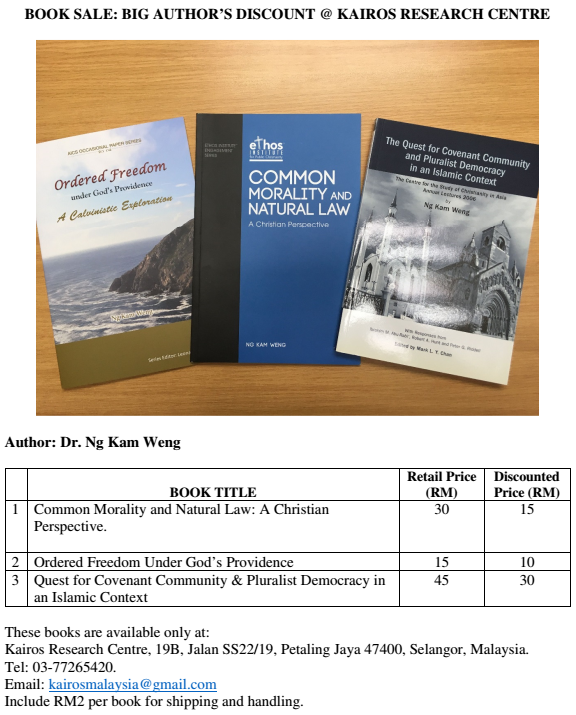NPP Reading No. 4 Excerpts taken from: Thomas Schreiner, Faith Alone: The Doctrine of Justification: What the Reformers Taught…and Why it Still Matters (Zondervan, 2015) Problems with Wright’s View of Justification [244] I see three false polarities in Wright’s thought. First, he wrongly says that justification is primarily about ecclesiology instead of soteriology. Second, he … Continue reading “Thomas Schreiner’s Critique of N.T. Wright’s View of Justification – Debating Justification with N.T. Wright and NPP. Part 7”
NPP Reading No. 4
Excerpts taken from: Thomas Schreiner, Faith Alone: The Doctrine of Justification: What the Reformers Taught…and Why it Still Matters (Zondervan, 2015)
Problems with Wright’s View of Justification
[244] I see three false polarities in Wright’s thought. First, he wrongly says that justification is primarily about ecclesiology instead of soteriology. Second, he often introduces a false polarity when referring to the mission of Israel by saying that Israel’s fundamental problem was its failure to bless the world whereas Paul focuses on Israel’s inherent sinfulness. Third, he insists that justification is a declaration of God’s righteousness but does not include the imputation of God’s righteousness.
Ecclesiology or Soteriology?
[244] Let’s begin with the first point of discussion, which fits with the idea that justification is more about the church than the individual. Wright mistakenly claims that justification is fundamentally about ecclesiology instead of soteriology. Let’s hear it in his own words, “Justification is not how someone becomes a Christian. It is the declaration that they have become a Christian.” And, “What Paul means by justification, in this context, should therefore be clear. It is not ‘how you become a Christian,’ as much as ‘how you can tell who is a member of the covenant family.’”
[245] Justification has to do with whether one is right before God, whether one is acquitted or condemned, whether one is pardoned or found guilty, and that is a soteriological matter. Continue reading “Thomas Schreiner’s Critique of N.T. Wright’s View of Justification – Debating Justification with N.T. Wright and NPP. Part 7”
